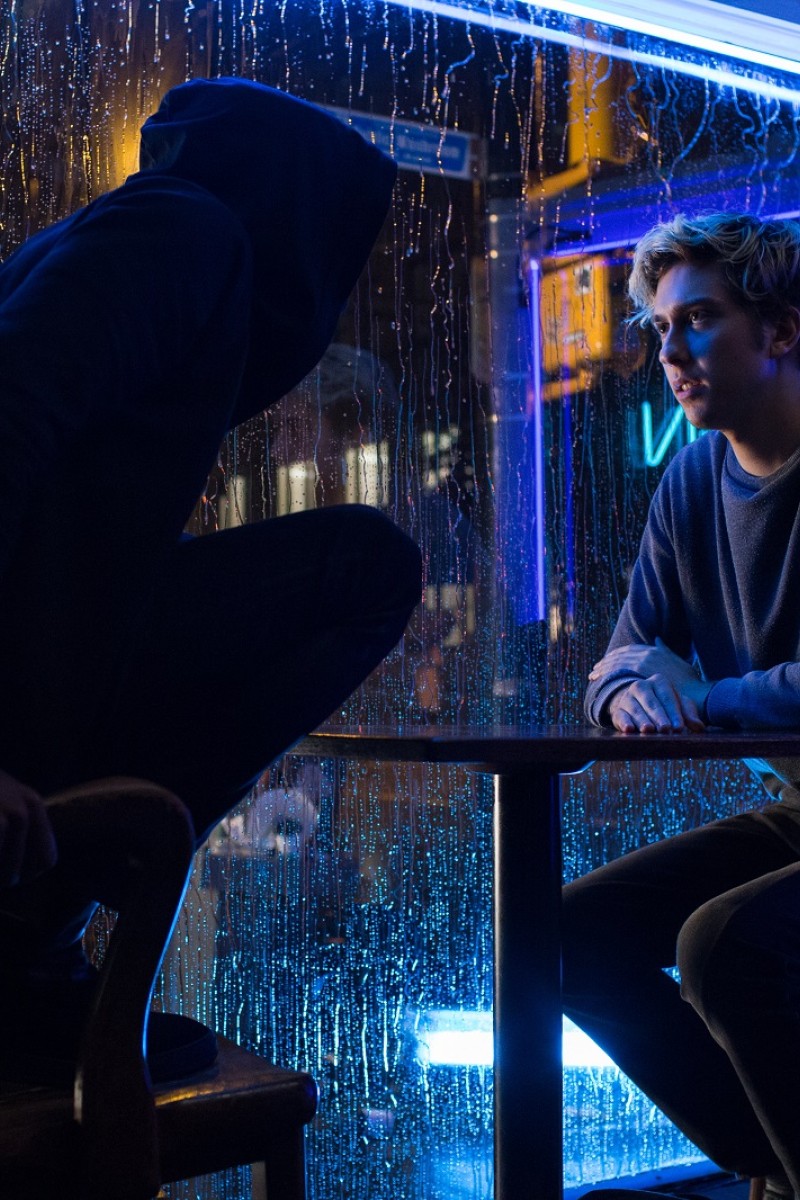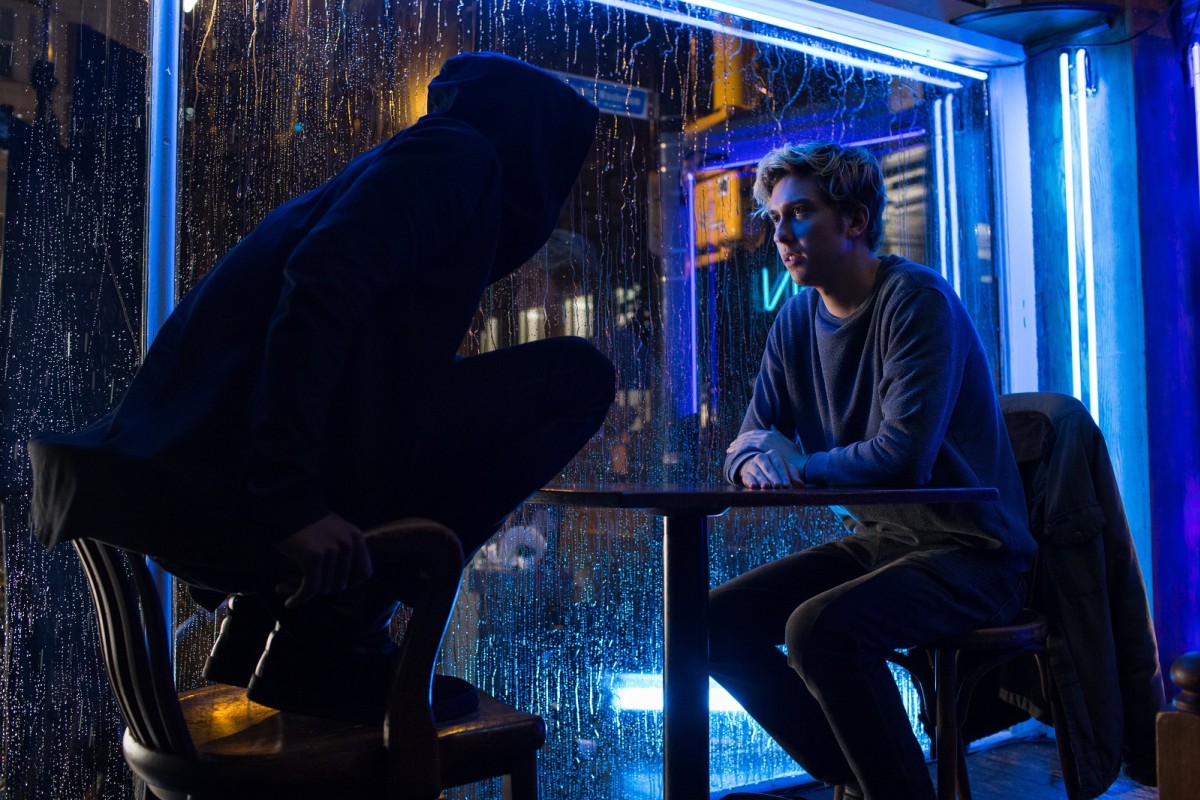
Netflix's Death Note is a solid and well-acted adaptation [Review]
Get past the commotion about changes from the source material and you'll find a good movie with an interesting plot and chemistry between the leads
 The battle of wits between leads Light and L is what makes this a thrilling ride.
The battle of wits between leads Light and L is what makes this a thrilling ride.If you must blink, do it now, for if you do it during the movie, you’ll lose the plot. Before we venture into the mechanics of this variation Death Note we need to make a few disclaimers: yes, we know, it comes from a massive manga, yes we know fans don’t like it. Yes we know there should have been more Asian Americans in it. But let’s just look at the movie itself.
Death Note is the latest YA offering on Netflix and it makes a welcome break from the tough-girl movies that everyone seems to be making these days. The plot of the film is simple. Light Turner played by Nat Wolff, is a bit of an outcast at school – detention, getting bullied, that sort of thing. One day a book literally falls from the sky and of course he picks it up. The book says that if he wants someone dead all he has to do is write their name in the book and it will be done.
Having a healthy teenage scepticism, Light doesn’t fall for it. But when a death god shows up for detention, and later convinces him to give the book a try, he does. It works. Light realises he wields immense power, and he has a score to settle with a gang boss that killed his mother. While the scope for gore is endless, director Adam Wingard keeps it contained to “quite shocking”.
Enter Mia, played by Margaret Qualley, who quite likes Light. When she finds out what kind of power he has, she’s even more insatiable than he about whose name should be in the book. They both realise that they can be the justice warriors that no one else can, killing evil people all over the world. Light decides that the killer needs a name, so that everyone will know these inexplicable deaths are being carried out by one person. He comes up with the name “Kira” and it’s not long before “Kira” has a huge cult following.
At first police, including Light’s father, are quite happy with the way justice is being dealt to all who deserve it. But it’s not long before serious questions need to be asked, the most important being “who is Kira”. Enter L, outstandingly played by Lakeith Stanfield, a very strange but superbly clever detective who devises a way of outing Kira.
Watching Light squirm when he realises that maybe just killing folks you think are bad is not such a good idea, and as he desperately tries to hide the truth from his father, is very satisfying. Mulling the dilemmas Light faces as things slide out of control, is definitely food for thought. The ending is thrilling, heart stopping stuff that will leave you wanting more . . . which is lucky because there’s a lot of room for more.
